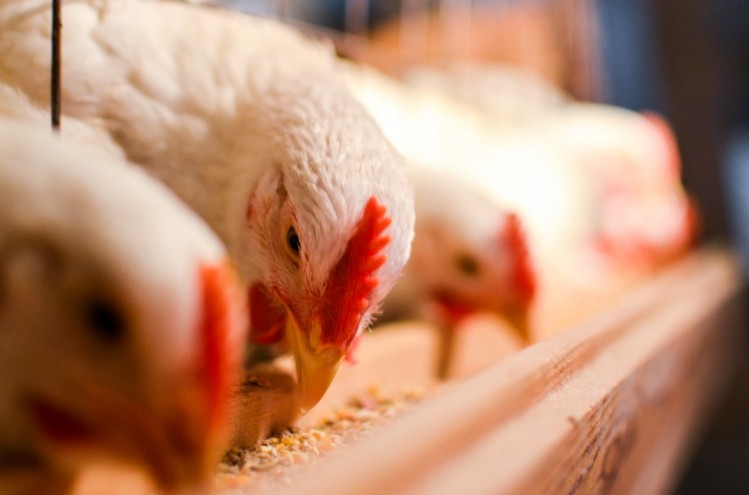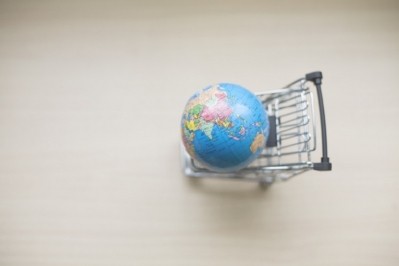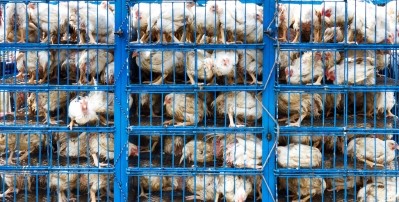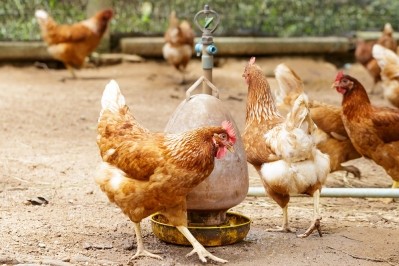NGOs heap praise on food firms, but there’s criticism to come

Sigwatch compiles quarterly reports of NGO campaigns across the world, breaking them down into both regions and sectors. In the second quarter of this year food brands appear to have shaken up the traditional order, which has seen retailers dominate the rankings for NGO praise.
Italian firm Barilla Group made the top 10 firms recognised by NGOs for their leadership on environmental issues, human and animal rights. Sodexo and McDonald’s are also in the top 10 in terms of activity over the past three months.
Barilla was singled out for praise thanks to its stance on animal rights, notably caged eggs – it is phasing out the use of eggs from birds reared in “close confinement” from its entire supply chain by 2020.
Indeed, animal welfare is the issue that received (by far) the most activity from NGOs in Europe in the past 12 months; the use of battery, caged or indoor poultry was second, according to a Sigwatch report sent to FoodNavigator that aggregated the results for the 12 months ending June 2018.
Many companies have sensed the wave of interest from consumers and pressure from NGOs – only last week, Unilever and Nestlé joined forces with a handful of other food companies to form the Global Coalition for Animal Welfare, which aims to improve standards at scale.
Pressure mounts
However, single-use plastics and waste have both rocketed up the agenda to sit in third and fourth place. This is hardly surprising, but the pace with which the issue has snowballed has caught some firms out.
Other issues that are rising up the NGO agenda fast, include agriculture’s contribution to climate change, fair pay and agricultural subsidies. Those to have remained a fixture in the top 10 are food industry and supply chain responsibility, food healthiness and nutritional content and the use of antibiotics and drugs in food and feed.
Dropping down the list are organic food promotion and pesticide residues in food and drink. Data published last week by the European Food safety Authority showed that 96% of the food in the EU is within legal limits for pesticide residues.
Rollercoaster ride
Looking at how firms performed in the past 12 months, Unilever was the most praised firm worldwide across all sectors. Nestlé, meanwhile, was in fourth, with the discounter Aldi and fashion chain H&M sandwiched between them.
When it came to criticism, Nestlé was “on the naughty step” thanks to its use of plastics and palm oil. It has also been chasticised for using water from drought-ridden California for its bottled water range.
Last year, Nestlé was the “most praised” company in Sigwatch’s analysis, but this rise and fall is not unusual – “change makers” like Nestlé and Unilever that respond to campaign pressure often receive pats on the back and kicks up the backside in equal measure to “spur them on” said Sigwatch founder Robert Blood.
“As the major food firms do more in sustainability and supply chain reforms, they are being held to ever higher standards, which attracts more criticism – or at least more demand for change – from campaigners,” Blood to Foodnavigator. “Also, NGOs like to play brands off each other, so as one brand moves forward, its competitors are put under pressure to follow suit. This has the effect of upping criticism levels.”

















